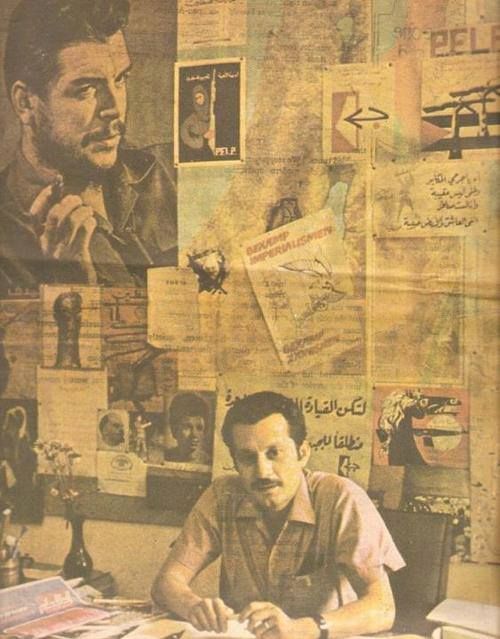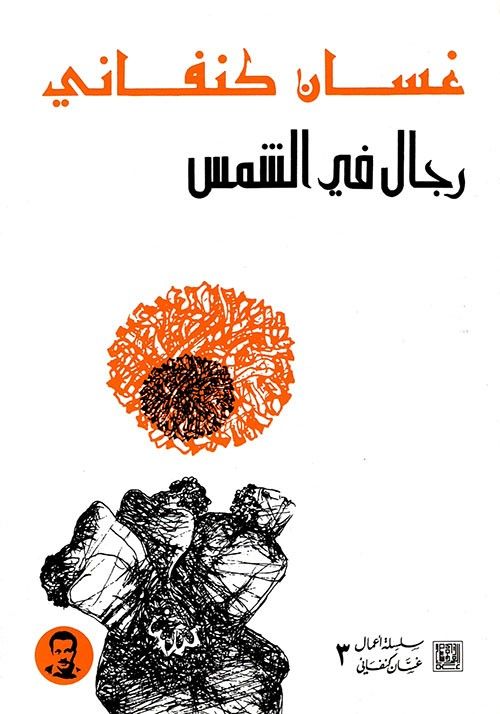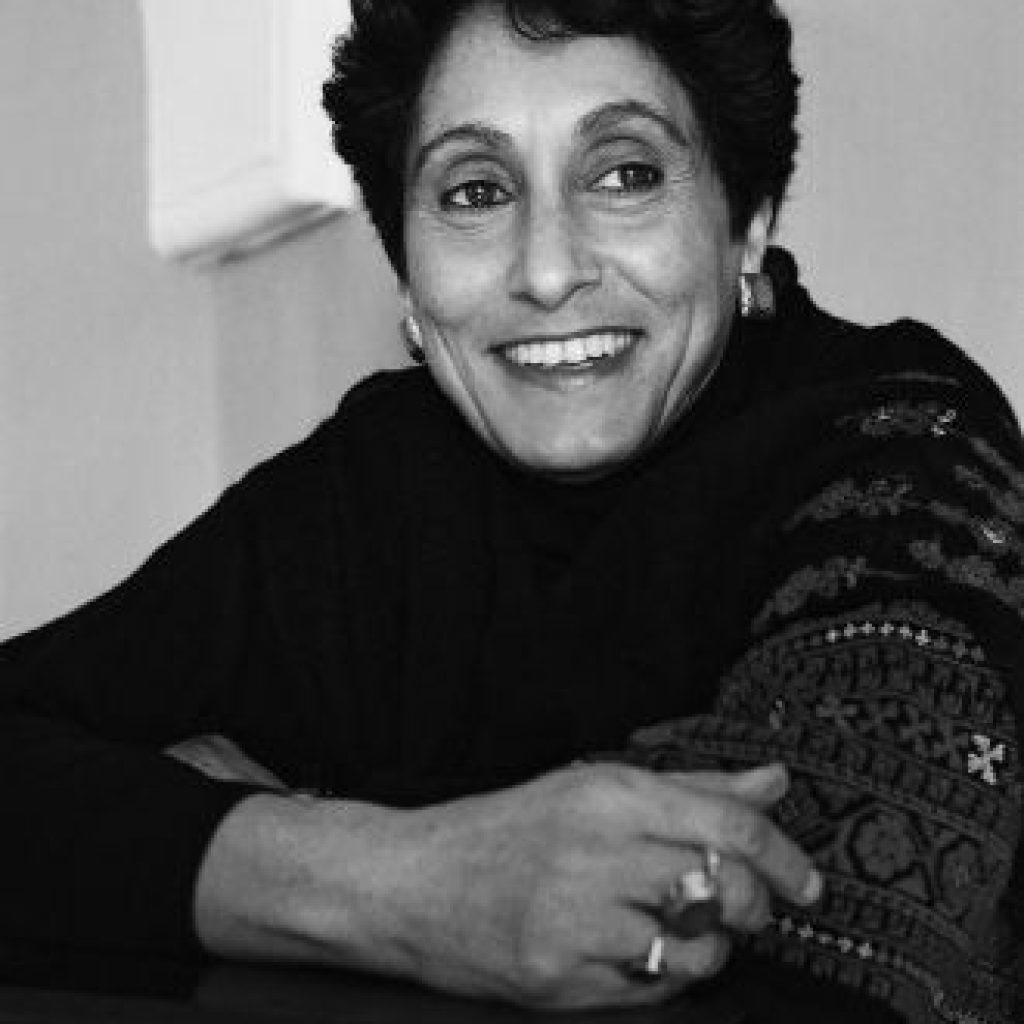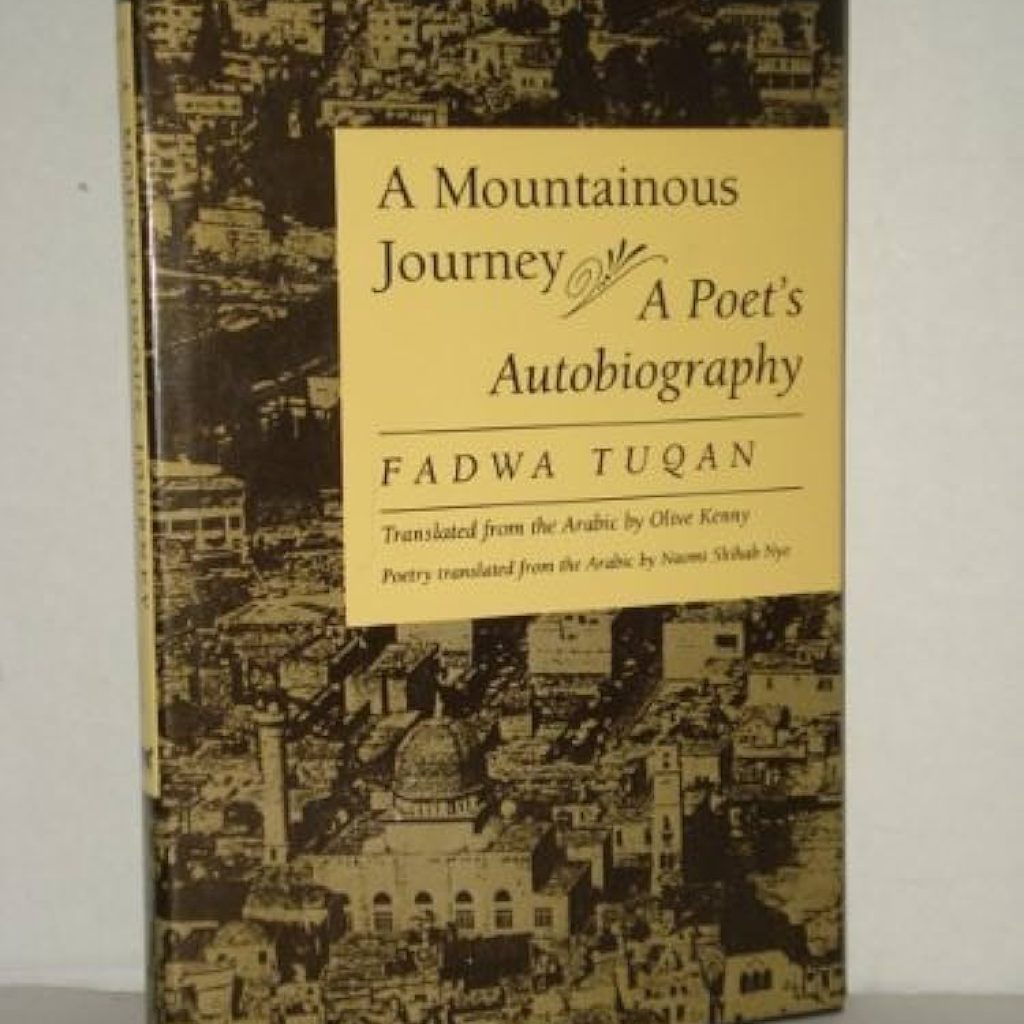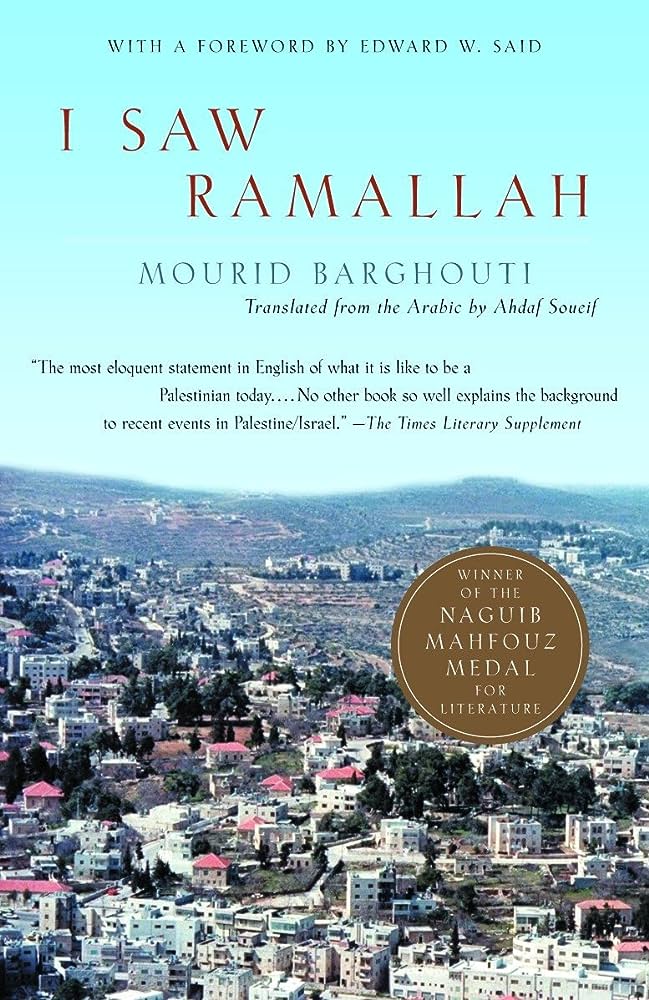Step into the captivating world of Palestinian literature, where the power of words intertwines with the heart-wrenching stories of a resilient people. In these tough times, we embark on a remarkable journey through the works of Palestinian authors and poets, shining a spotlight on iconic figures such as Mahmoud Darwish and Ghassan Kanafani, and more. Tag along to learn about the enrich Palestine’s identity, displacement, and resistance that permeate its incredible literature, offering a glimpse into the profound human experiences that have shaped this vibrant literary tradition.
Mahmoud Darwish: The Poet of Palestine
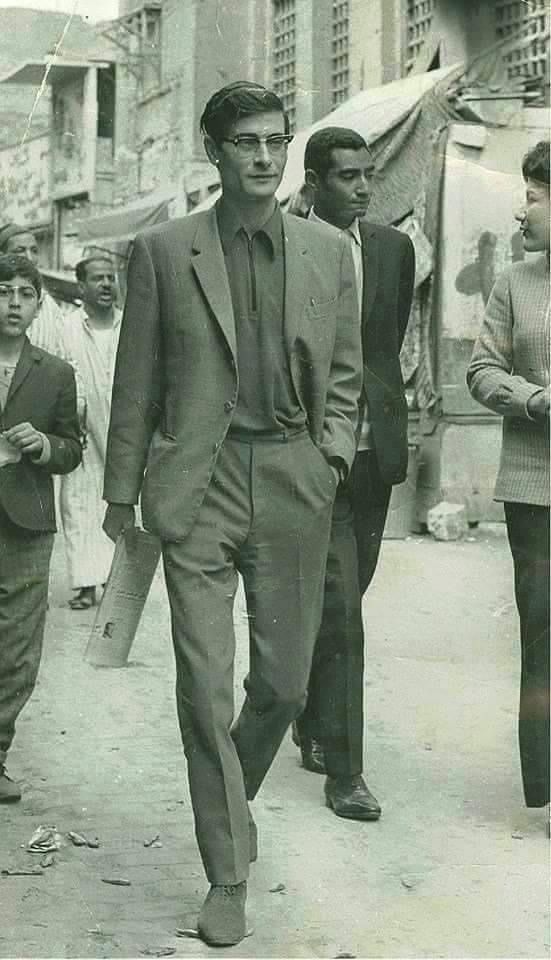
No exploration of Palestinian literature would be complete without paying homage to the legendary Mahmoud Darwish, widely regarded as the national poet of Palestine. Darwish’s poetry evokes a profound sense of longing, loss, and love for his homeland. His lyrical verses beautifully capture the collective memory and aspirations of the Palestinian people.
One of Darwish’s most celebrated works is “Unfortunately, It Was Paradise.” This collection of poems eloquently expresses the pain and yearning experienced by Palestinians in the face of displacement and political turmoil. Darwish’s ability to intertwine personal and collective experiences creates a profound connection between the reader and the Palestinian struggle. His most well-known piece was “Palestine;”
This land gives us all that makes life worth living: April's blushing advances, the aroma of bread at dawn, a woman's haranguing of men, the poetry of Aeschylus, love's trembling beginning, moss on a stone mothers dancing on a flute's thread and the invaders' fear of memories. This land give us all that makes life worth living: September's rustling end, a woman leaving forty behind with her apricots, an hour of sunlight in prison, clouds reflecting swarms of insects, a people's applause for those who laugh at their erasure, and the tyrant's fear of songs. This land give us all that makes life worth living: Lady Earth, mother of all beginnings and endings, She was called Palestine and she is still called Palestine. My Lady, because you are my Lady, I deserve life.
Ghassan Kanafani: The Voice of the Dispossessed
Another towering figure in Palestinian literature is Ghassan Kanafani, a master storyteller whose works highlight the plight of refugees and the struggles of the dispossessed. Kanafani’s writings are deeply rooted in his own experiences as a Palestinian refugee, infusing his stories with authenticity and emotional depth.
One of his most renowned works is “Men in the Sun,” a novella that exposes the harsh realities faced by Palestinian refugees seeking a better life. Through vivid characters and poignant narratives, Kanafani sheds light on the themes of displacement, loss, and the yearning for a homeland.
Suad Amiry: Suad Amiry is a Palestinian author known for her memoir “Sharon and My Mother-in-Law,” which humorously recounts her experiences living in Ramallah during the Israeli occupation. Her insightful and often witty writing offers a unique perspective on daily life under occupation.
Raja Shehadeh: Raja Shehadeh is a prominent Palestinian writer and lawyer. His memoirs, such as “Palestinian Walks: Notes on a Vanishing Landscape” and “Where the Line Is Drawn,” blend personal narratives with reflections on the political situation in Palestine. Shehadeh’s works provide profound insights into the complexities of life in the occupied territories.
Fadwa Tuqan: Fadwa Tuqan was a pioneering Palestinian poet whose evocative verses explore themes of love, loss, and resistance. Her collection “Mountainous Journey” is widely regarded as a seminal work in Palestinian poetry, capturing the spirit of resilience and hope amidst adversity.
Mourid Barghouti: Mourid Barghouti is a renowned Palestinian poet and author. His memoir, “I Saw Ramallah,” is a poignant reflection on exile, displacement, and the yearning for home. Barghouti’s powerful and introspective writing delves into the complexities of Palestinian identity and the impact of political turmoil on personal lives.
Sahar Khalifeh: Sahar Khalifeh is an influential Palestinian novelist whose works shed light on the experiences of Palestinian women. Her novel “Wild Thorns” explores the lives of Palestinians living under occupation, particularly focusing on the struggles faced by women in a patriarchal society.
Themes of Identity, Displacement, and Resistance:
There is no doubt that Palestinian literature serves as a powerful medium for exploring the multifaceted dimensions of identity, displacement, and resistance. These themes reflect the lived experiences of Palestinians, who have endured decades of conflict and forced displacement.
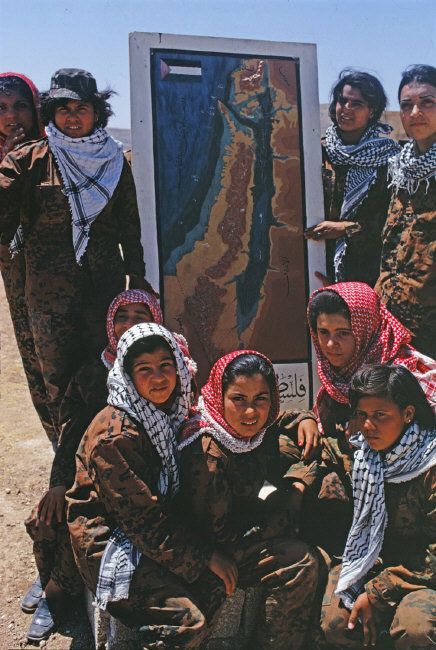
Identity in Palestinian literature is often portrayed through a deep connection to the land, a longing for a homeland, and an unwavering pride in Palestinian heritage. All previously mentioned authors managed to capture the complexities of identity, reflecting how it is shaped by historical, cultural, and political factors.
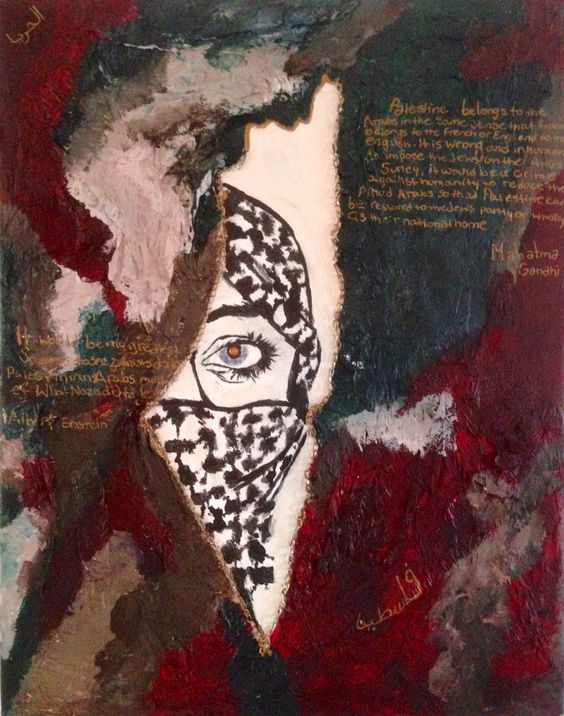
Displacement, a central theme and subject in Palestinian literature, delves into the profound impact of forced exile on individuals and communities. Authors often depict the struggles faced by refugees, their fragmented sense of belonging, and the enduring hope of returning to their ancestral land.
Resistance emerges as a defining characteristic of Palestinian literature, reflecting the indomitable spirit of a people who refuse to be silenced. Through their writings, Palestinian authors and poets challenge oppression, expose human rights violations, and advocate for justice. The power of language becomes a tool for resistance, enabling Palestinians to reclaim their narratives and assert their existence.
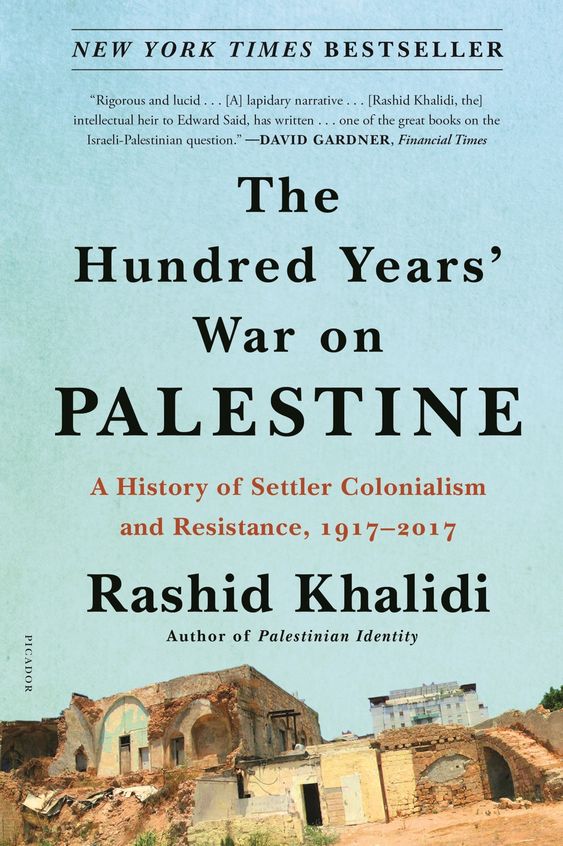
Palestinian literature is a testament to the power of storytelling and the resilience of a people who have faced immense challenges. Through the works of iconic figures like Mahmoud Darwish and Ghassan Kanafani, we witness the beauty and pain of the Palestinian experience. Themes of identity, displacement, and resistance weave a rich tapestry that captures the essence of Palestinian literature.
So, delve into these literary treasures, immerse yourself in the heartfelt words, and embark on a transformative journey through the pages of Palestinian literature. Discover the stories that have shaped a nation, and gain a deeper understanding of the human spirit’s ability to endure and triumph against all odds.

